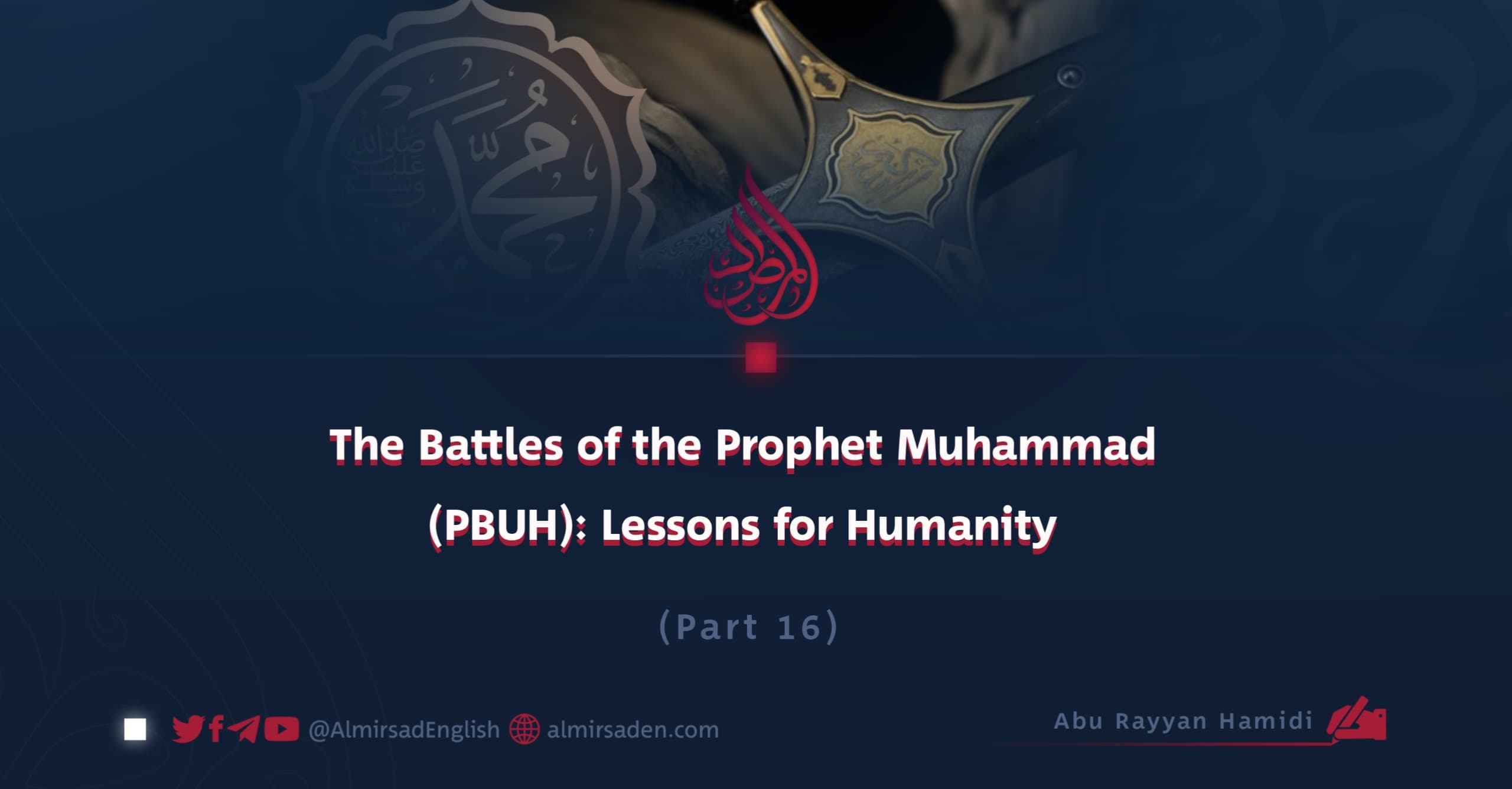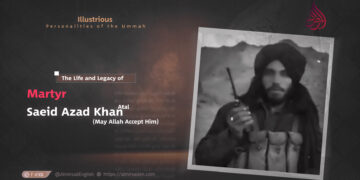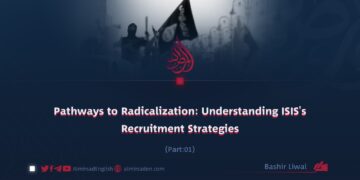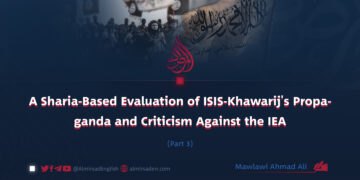Part 16
Abu Rayyan Hamidi
Lessons from the Battle of Badr
Continuing with the lessons derived from the Battle of Badr, we now present further points for reflection and guidance.
5. Jihad and Peace in Islamic Strategy
Jihad is an established injunction in Sharia, forming a significant part of the Madinan period. However, it must also be remembered that peace treaties and agreements are not prohibited. The Messenger of Allah (PBUH), while engaging in jihad, also adopted peace as a strategy in many instances. The Imam or ruler must carefully assess both the condition of the Muslims and that of the enemy. If peace proves more beneficial, it may be pursued. If jihad is deemed more appropriate, it must be undertaken.
This demonstrates that peace in Sharia is not contradictory to jihad; rather, it is an integral part of it. The ruler should consult scholars and other knowledgeable Muslims regarding the prevailing situation and proceed in light of their counsel, provided such advice does not contradict the clear texts of the Quran and Sunnah.
6. Trust in Divine Decree and the Honor of Martyrdom
A believer must firmly believe that lifespans are preordained. Therefore, he should act with courage and honor in confronting disbelief, either attaining victory and living a dignified life or achieving martyrdom, which is among the loftiest aspirations for a believer. The bravery displayed by the small, under-equipped Muslim army at Badr, as expressed in their words to the Messenger of Allah (PBUH), embodies this principle for the entire Ummah.
7. Military Intelligence and Strategic Assessment
The commander of an Islamic army must thoroughly assess the enemy’s condition before battle, studying their strength, capabilities, and movements. The Messenger of Allah (PBUH) exemplified this diligence, even personally gathering intelligence on the enemy.
8. Confidentiality in Battle Plans
A commander must keep battle plans confidential, avoiding public disclosure. Kab ibn Malik (RA) narrated that the Prophet (PBUH) would conceal the destination of each expedition, never announcing it in advance. This strategy was evident at Badr in several ways:
(a) When an elderly man asked, “Where are you from?”, the Prophet (PBUH) replied, “We are from water.” Had he said, “We are Muslims,” it might have revealed their position and strength to the enemy.
(b) Aisha (RA) reported that on the day of Badr, the Prophet (PBUH) ordered the removal of rattles from the camels’ necks to prevent the enemy from tracking their movements by sound.
(c) When departing for Badr, the Prophet (PBUH) did not announce the destination. Instead, he said, “We have a task; whoever is ready may mount.” This illustrates the necessity of secrecy in military strategy. If disclosure is necessary, plans should be shared only with close advisers, following the Prophetic method.
9. Respectful Counsel and Collective Wisdom
The advice of al-Hubab ibn al-Mundhir (RA) reflected refined character and humility. He said to the Prophet (PBUH): “If this positioning is based on divine revelation, we shall abide by it. But if it is a human decision, then it may be better to move forward and camp elsewhere.” His words exemplify both submission and proper etiquette, offering the Ummah a model for respectfully advising leaders.
The Messenger of Allah (PBUH) valued collective wisdom even in critical moments. Al-Hubab’s suggestion came at a decisive juncture, and because it was strategically sound, the Prophet (PBUH) accepted it.
A Question and Its Answer
Some may ask why the Prophet (PBUH) did not suffice with the assurances of Abu Bakr and Umar (RA) and instead sought the opinion of the Ansar regarding the battle.
The answer lies in the terms of the treaty between the Prophet (PBUH) and the Ansar, which did not oblige them to fight outside Madinah. Thus, the Prophet (PBUH) sought their explicit consent to ensure their full willingness.
Once again, the Ansar demonstrated their unwavering heroism, reassuring the Messenger of Allah (PBUH) with their words of commitment. They affirmed that their covenant was with Allah alone and that they would sacrifice their lives in His cause, standing firm against all threats to Islam.



















































